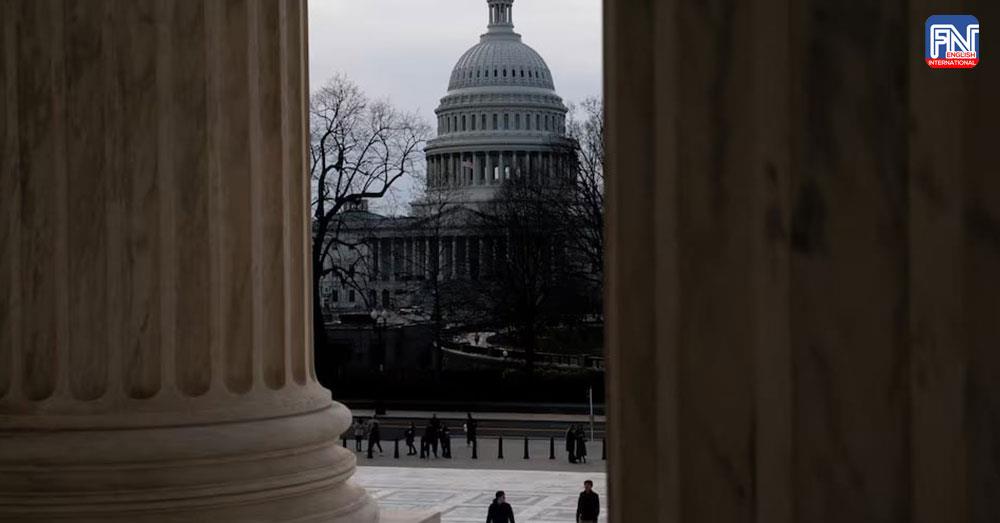WASHINGTON, April 15 (Reuters) - The U.S. House of Representatives will consider aid to Israel and Ukraine as separate legislation this week, Republican Speaker Mike Johnson said on Monday, more than two months after the Senate passed a bill combining the two.
Leaving a meeting of House Republicans on Monday evening, Johnson said the narrowly divided chamber would consider four bills altogether that would also include aid to Taiwan, U.S. allies in the Indo-Pacific and U.S. national security priorities.
"We know that the world is watching us to see how we react," Johnson told reporters. "They're watching to see if America will stand up for its allies and in our own interest around the globe. And we will."
U.S. aid has been delayed by Johnson's unwillingness to consider a $95 billion bipartisan bill the Senate passed in February, including $14 billion for Israel as well as $60 billion for Ukraine.
Also included were billions to strengthen allies in the Indo-Pacific, where China is becoming more assertive, and for international humanitarian aid.
Johnson said the new House bills provide roughly the same amount of foreign aid as the Senate bill but would include differences including some aid in the form of a loan.
Republicans aim to release legislative text as early as Tuesday morning but will observe a 72-hour review period before voting. Johnson said votes on passage could come late on Friday.
The push to pass the aid gained urgency after Iran's weekend missile and drone attack on Israel despite fierce opposition in the deeply divided Congress.
Three of the four bills Johnson suggested would cover Ukraine, Israel and the Indo-Pacific. The makeup of the fourth was not immediately clear.
Backers had insisted the broad foreign aid measure passed with 70% support in the Senate would have received similar support in the House. However, Johnson had given a variety of reasons to delay, among them the need to focus taxpayer dollars on domestic issues and reluctance to take up a Senate measure without more information.
Johnson also faces a threat from a hard-right Republicans to oust him as speaker if he allows the Ukraine aid to move ahead. Many on the right, especially those closely allied with former President Donald Trump, who has been skeptical of assisting Kyiv in its fight against Russia, fiercely oppose sending billions more dollars to Ukraine.
The House Freedom Caucus - a group of Republican hardliners with about three dozen members - released a statement on Monday calling for aid to Israel, but not to Ukraine, and rejecting as "bogus" any suggestion that the attack on Israel should help ease the path toward more funds for Kyiv.
Representative Andy Biggs, a Freedom Caucus member, told reporters he liked the idea of separate bills, but had to see them before committing to voting for them.

Photo from Reuters